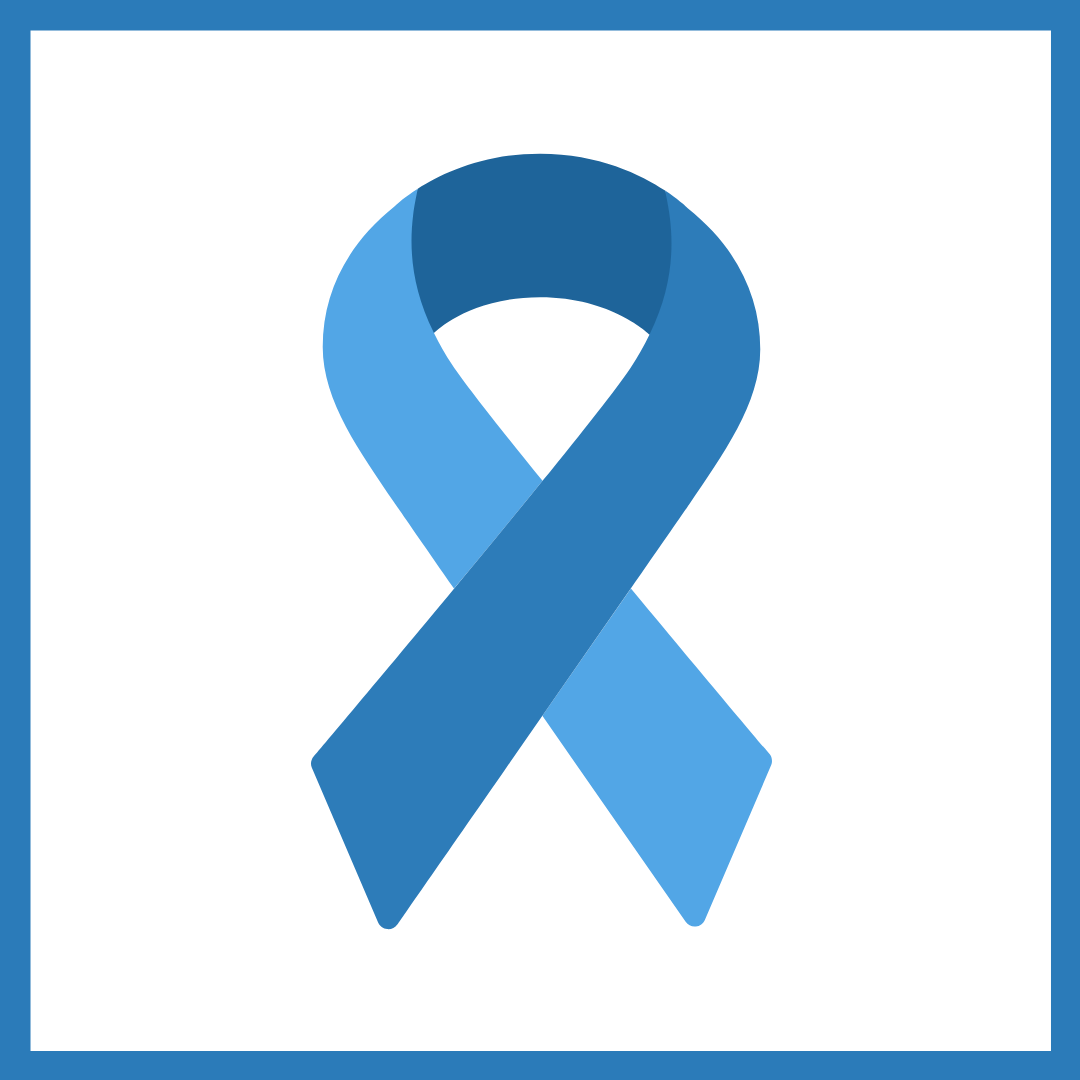While it is scary to think about, it is important to understand and know the difference between IBS and colon cancer as the symptoms can at first appear very similar.
So, lets break down this scary topic, starting with ….
What is colon cancer?
Colon cancer is a form of cancer that develops in the colon (or the large intestine as you may know it) . It usually starts as small growths, or polyps, inside the intestine. Not all polyps are cancerous growths but some can develop into cancer. The earlier these are found the easier it is to treat the cancer.
Approximately, 42,000 people are diagnosed with bowel cancer each year in the UK and it is the 4th most common type of cancer(1). You are more likely to develop colon cancer as you age, with 83% of cases occurring in those over the age of 60(2).
Researchers are not yet sure what causes colon cancer but they are aware of a factors that can increase your risk of developing the disease.
Diagnosing Colon Cancer
In the UK, screening is available for those aged between 60-74 years old. The screening is a feacal immunochemical test. In some cases, people below the age of 60 years will be offered screening.
However, if you are presenting with symptoms it is always best to go to your doctor to find out what is happening. The NHS advises to speak to your GP if you have one or more of the symptoms of bowel cancer and they persist for 4 weeks(3).
To be diagnosed your doctor may perform the following tests:
- digital rectal exam
- check for anaemia via a blood test
- colonoscopy to look for polyps
- sigmoidoscopy
- CT colonography
Symptoms of IBS vs Colon Cancer

As you can see, symptoms between the two diseases can overlap, and on top of that many of the symptoms of colon cancer and IBS could also be caused by other things, such as an IBD, an infection or haemorrhoids.
This is why, if you develop symptoms or new symptoms that are different from those you normally experience with your IBS, it is important to contact your doctor.
Risk Factors for Colon Cancer
Many lifestyle factors have been linked to an increase risk in developing colon cancer. These include(5):
- smoking
- overweight and obesity
- physical inactivity
- a diet high in red meat
Non modifiable factors that may increase your risk include:
- a family history of the disease
- if you have an inflammatory bowel disorder (IBD)
- ageing
Speak to your doctor if you are worried about being in an at risk group or you have a family history of colon cancer.
If I have IBS will this make me more likely to develop colon cancer(6)?
No, having IBS does not increase your risk of developing colon cancer, however, it is important to go to the doctors if you develop symptoms where previously you had none or if you have IBS but your symptoms change so that cancer can be ruled out.
Takeaway
It can be scary to think about cancer. But it is important to be diagnosed properly and quickly. While some of the tests may seen invasive and embarrassing, it is more important to make sure you are looked after and diagnosed correctly. Don’t be embarrassed to speak up and tell your doctor all your symptoms.
If you have IBS, we know that this thankfully does not increase your risk of colon cancer, but if you have a change in your symptoms or ever notice blood in your stool, it is time to speak to a medical professional.
References:
- Cancer Research Statistics: https://www.cancerresearchuk.org/health-professional/cancer-statistics/statistics-by-cancer-type/bowel-cancer]]
- National Collaborating Centre for Cancer (UK). Colorectal Cancer: The Diagnosis and Management of Colorectal Cancer. Cardiff: National Collaborating Centre for Cancer (UK); 2011 Nov. (NICE Clinical Guidelines, No. 131.) 1, Epidemiology. Available from: https://www.ncbi.nlm.nih.gov/books/NBK116642/
- NHS symptoms: https://www.nhs.uk/conditions/bowel-cancer/symptoms/
- Cancer Research Uk: https://about-cancer.cancerresearchuk.org/about-cancer/bowel-cancer/symptoms
- American Cancer Society: https://www.cancer.org/cancer/colon-rectal-cancer/causes-risks-prevention/risk-factors.html#references
- Nørgaard, M., Farkas, D.K., Pedersen, L., Erichsen, R., De La Cour, Z.D., Gregersen, H. and Sørensen, H.T., 2011. Irritable bowel syndrome and risk of colorectal cancer: a Danish nationwide cohort study. British journal of cancer, 104(7), pp.1202-1206.
*Disclaimer: I am not a doctor/medical professional – if you feel ill, have concerns about your health or IBS please contact your healthcare provider or in an emergency – the emergency services.
Image created using canva.com

Leave a Reply